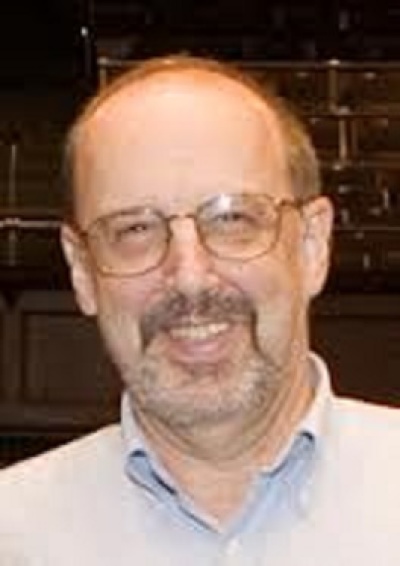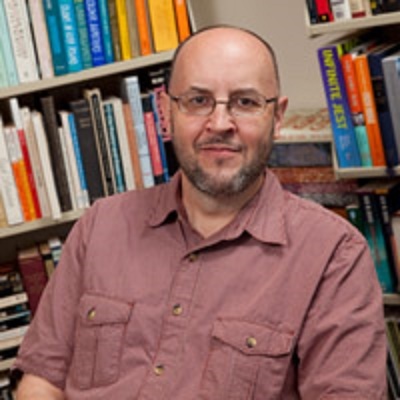Christian Colleges Like Wheaton Should Not Get Accredited Because They Undermine Purpose of Higher Ed, Says UPenn Professor

Charging that they "undermine the most fundamental purposes of higher education," Peter Conn, a professor of English and education at the University of Pennsylvania, says Christian colleges like Wheaton in Illinois should not be legitimized through accreditation, which gives their students access to federal funding.
"Aside from the traditional goal of conferring legitimacy on colleges and their programs, accreditation has taken on a far more consequential role: Students attending institutions that are not accredited are ineligible for federal financial aid, money that is indispensable to the budgets of most American colleges," wrote Conn in a recent op-ed in The Chronicle of Higher Education.
He then points to "Trends in Higher Education," a publication of the College Board, which states that in the 2012-2013 school year, graduate and undergraduate students received some $238.5 billion in financial aid before dismissing Christian colleges as undeserving of this support.

"By awarding accreditation to religious colleges, the process confers legitimacy on institutions that systematically undermine the most fundamental purposes of higher education," Conn wrote.
"Skeptical and unfettered inquiry is the hallmark of American teaching and research. However, such inquiry cannot flourish — in many cases, cannot even survive — inside institutions that erect religious tests for truth. The contradiction is obvious," he said.
After establishing his position on Christian colleges and accreditation, Conn then ripped into Wheaton College, which is described by students as "the Harvard of evangelical education."
"Unlike Harvard, Wheaton is one of the colleges that oblige their faculty members to complete faith statements. In other words, at Wheaton the primacy of reason has been abandoned by the deliberate and repeated choices of both its administration and its faculty," Conn lamented.
The professor of English said he raised his concern about academic freedom at Wheaton with the Higher Learning Commission of the North Central Association of Colleges and Schools, which accredited the college, and he was told that: "Federal regulations and commission policies require that the commission respect a wide range of institutional missions and belief systems in its accrediting processes." He, however, was not satisfied with that response and called it a "scandal."
"This, in my view, can only be described as a scandal. Providing accreditation to colleges like Wheaton makes a mockery of whatever academic and intellectual standards the process of accreditation is supposed to uphold. If accrediting agencies are playing by the rules in this continuing fiasco, then the rules have to be changed — or interpreted more aggressively, so that "respect" for "belief systems" does not entail approving the subversion of our core academic mission by this or that species of dogma," he asserted.

Alan Jacobs, humanities professor at Baylor University in Waco, Texas, who also taught at Wheaton for 29 years, says Conn's reasoning could not be further from the truth about intellectual freedom at Christian colleges.
"The idea that religious faith and reason are incompatible can only be put forth by someone utterly ignorant of the centuries of philosophical debate on this subject, which continues to this day; and if it's the primacy of reason that Conn is particularly concerned with, perhaps he might take a look at the recent (and not-so-recent) history of his own discipline, which is also mine," wrote Jacobs in his response in The New Atlantis.
"Could anyone affirm with a straight face that English studies in America has for the past quarter-century or more been governed by 'the primacy of reason?' I seriously doubt that Conn even knows what he means by 'reason.' Any stick to beat a dog," he added.
"I taught at Wheaton for 29 years, and when people asked me why I stayed there for so long, my answer was always the same: I was there for the academic freedom. My interests were in the intersection of theology, religious practice and literature — a very rich field, but one that in most secular universities I would have been strongly discouraged from pursuing except in a corrosively skeptical way," said Jacobs. "Certainly in such an environment I would never have dared to write a book on the theology of reading — and yet what I learned in writing that book has been foundational for the rest of my career."




























